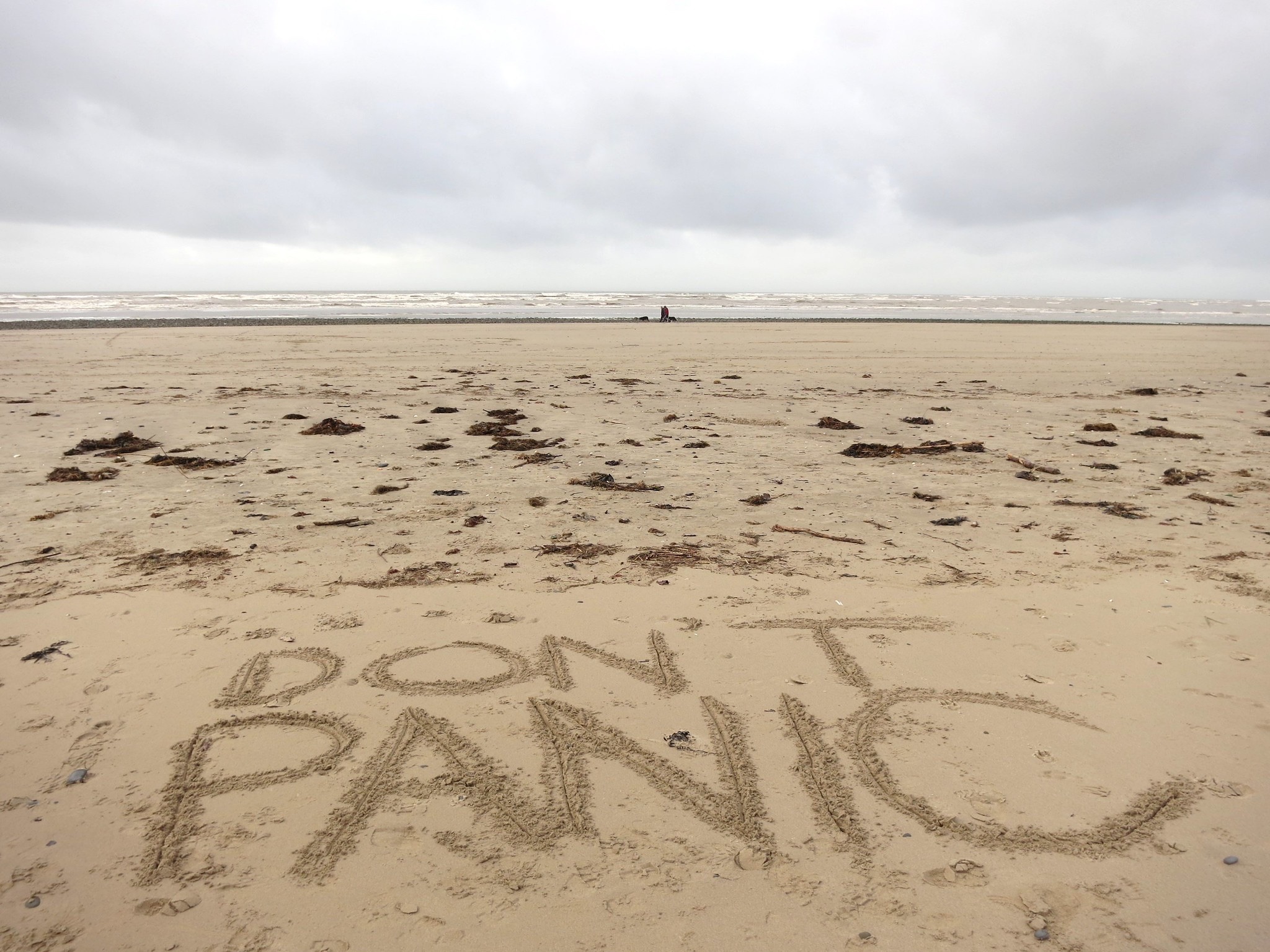
With the world overwhelmed by the Covid-19 pandemic, the New Humanist team turned to our wealth of published articles for information and enlightenment.
As social distancing brings up big questions around decision-making for the greater good, Nobel prize winner Amartya Sen’s idea of “social choice” is suddenly newly pertinent. For those that are ignoring advice, a new word has been coined: the “covidiot”. But given that ignorance is so often rewarded, in society as well as governance and business, can we really be surprised? Linsey McGoey's new book explores the ingrained relationship between ignorance and power. And when collective rationality is of more importance than ever, it’s troubling to think that even if a vaccine is created in the near future, a fight will need to take place with the burgeoning anti-vaxx movement.
Another ethical issue revolves around profit. As Peter Forbes writes in this hopeful piece, we’re at the cusp of a great medical breakthrough, but progress is being undermined by the profit motive. And for those who are prone to be taken in by quackery, we recommend that they read up on the dangers posed by unscrupulous practitioners and sellers of alternative medicine.
Places of worship all over the world are closing their doors, with Covid-19 striking during preparations for Easter. In Greece, this has forced a reluctant confrontation between the state and the Orthodox church. Luckily, new research can advise us on how to argue with people with very different underlying beliefs from our own.
More of us than ever are working from home, so there's no better time to read Siobhan McKeown’s brutally honest book on the freedom and angst of working remotely. The benefits of mindfulness are being touted as a coping strategy, but can mental health be managed in isolation from society? And as we make judgment calls on which jobs are "essential", the crisis is giving traction to ideas explored by Rhian E. Jones around a post-work future.
For those of you who may have hypochondriac tendencies, the tragicomic book Tormented Hope, shows you're in the brilliant company of sufferers including Andy Warhol, Charlotte Bronte and John Boswell. On the opposite end of the spectrum, can we escape anxiety over the future? Laurie Taylor muses on the possibilities. "What might my life be like", he wonders, "if I could free myself from this obsessive concern with what comes next?"
Finally, Massimo Pigliucci makes a compelling case for adopting the Stoic approach in psychologically challenging times.

